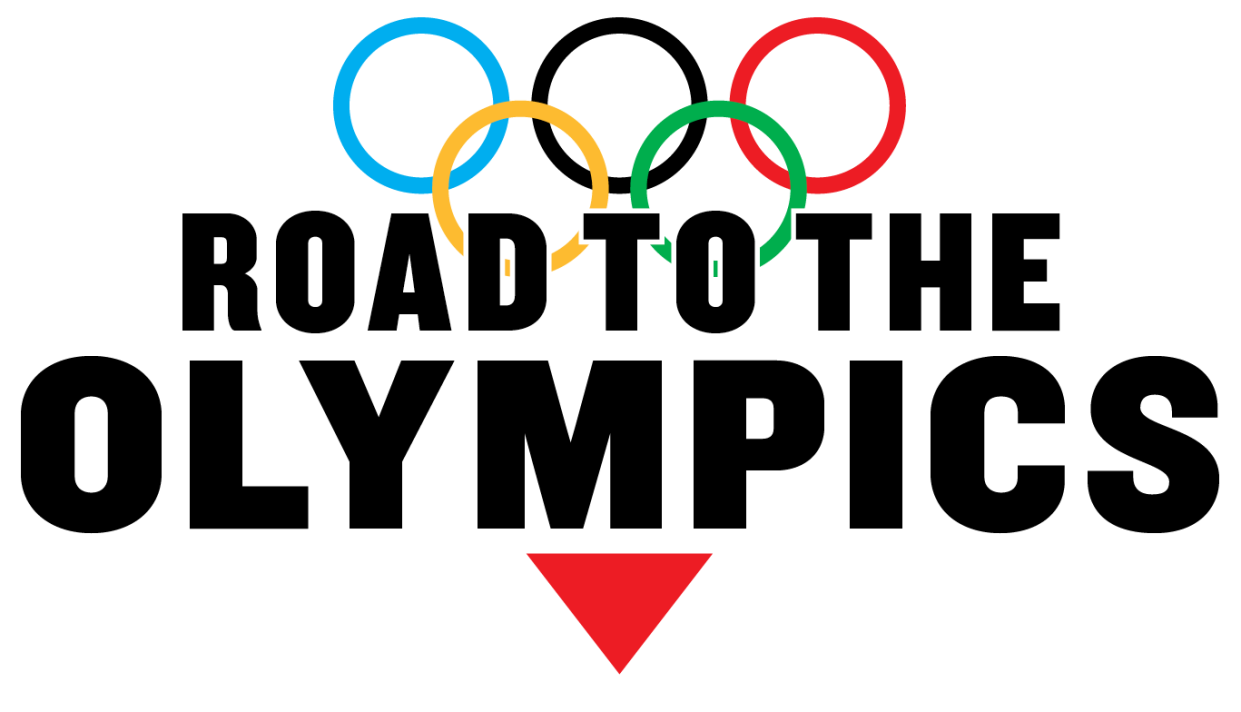Olympic Volleyball Star Matt Anderson’s Plan to Get Gold

This story is part of Men's Health's "Road to the Olympics" series, where six athletes share their training journeys as they prepare to compete at the 2024 Paris Olympics in July. Read all of the athletes' entries here.
Volleyball star Matt Anderson, 37, has set, spiked, and jumped in courts over the world, playing on foreign pro teams for more than a decade. But he says that nothing quite beats the feeling of returning to his native soil to represent Team USA.
He's no stranger to the Olympics. In his debut games in London 2012, he was the youngest person on the team at 25. Competing this year in Paris will be his 4th stab at an elusive gold medal. The team earned Bronze in Rio de Janiero in 2016, but Anderson wants more. "I've damn near won everything on the professional circuit," he told Men's Health. "If you say to somebody, 'I'm an Olympian', their first question is going to be 'did you win a medal?' Their second is going to be 'was it gold?'.
Fresh off his professional season in Turkey, Anderson returned in early May to Anaheim, California—the home of Team USA Volleyball after a 2-week break visiting friends and family. We caught up with him as he returns to the game in a new place, with new teammates. Here's what life is like right now, in his own words:
COMING BACK TO Anaheim always feels quite different than playing on my pro team. There's a different sense of pride and honor, I believe, to be here and play on this team—at least for me. Of course, the professional league is how we make our living, and I have to provide for my family and my lifestyle. But being here gives you a whole different sense of accomplishment and fulfillment. I take a lot of pride in going out there and playing for our country. So the consequences of not reaching our goal feel heavier and harder to deal with. But to do something great, you have to be willing to risk that unfortunate negative outcome.
Now that I'm back with the team, we train Monday through Friday. I'm up between 5:30 and 6 a.m. to have breakfast. I'm out the door by 7:30 a.m. to be at the gym by eight. I start my personal warm-up, probably about 15 to 30 minutes, depending on how my body is feeling. I'm on the volleyball court at 9 a.m. for about two and a half hours.
After a short break, I lift for about an hour and a half, maybe two. Right now, that's a lot of Olympic-style lifting, as well as some functional movements relative to our sport. So we do a lot of shoulder stability work and rotational core exercises. Generally, it's all meant to help us be more explosive and to prep our bodies for the force it takes when we're diving for the ball.
We're working together, studying film and such, as we change up the way we play. We implemented some new offensive and defensive systems. We're athletes who play with routines, so when we try to uproot that and make something different, it's hard to change. It's also difficult to accept that the system we're trying to implement is going to make us a better team. But first, it's gotta be ugly for a while, not only for a couple of weeks, but for probably a couple of years.
I play a different position on my professional team than I do on the national team. So in this next month, my main goal is to sharpen up those little intangible feelings you get when you're playing. I need to fine-tune the feel and my spatial awareness on the opposite side of the court.
Generally, though, I feel great. I really do. I feel probably the most clear I ever have going into an Olympic Games. I think part of that is just experience. I've been through three before, and they were all significantly different Olympics and significantly different experiences. I'm married with two kids now—I have a lot of responsibilities off the court that I didn't have before at home.
Reid Priddy, who's a former player, said one time in one of our team meetings that he 'bookends' volleyball. So, for him, volleyball is 7 p.m. to 2 p.m. During that time, he's thinking about how he's going to get better—if that's getting stronger in the weight room, working on technical things on the court, being a better teammate. But as soon as 2 p.m. comes, he's done for the day and focuses on the other important things in his life. I don't think I can necessarily turn off my brain to volleyball the way he does—I still think about it—but I allow myself now to go home and be with my wife and kids, and to be present. And that's somewhat freeing.
I know I can be satisfied with what I did that day to get better. It's a long-term thing. Yeah, the Olympic games are coming up, but I already put in 85 percent of the work that I needed to in order to be here and to succeed.

Want to follow more Olympians' journeys? Click below to read about their training methods, wellness routines, and more.
You Might Also Like
